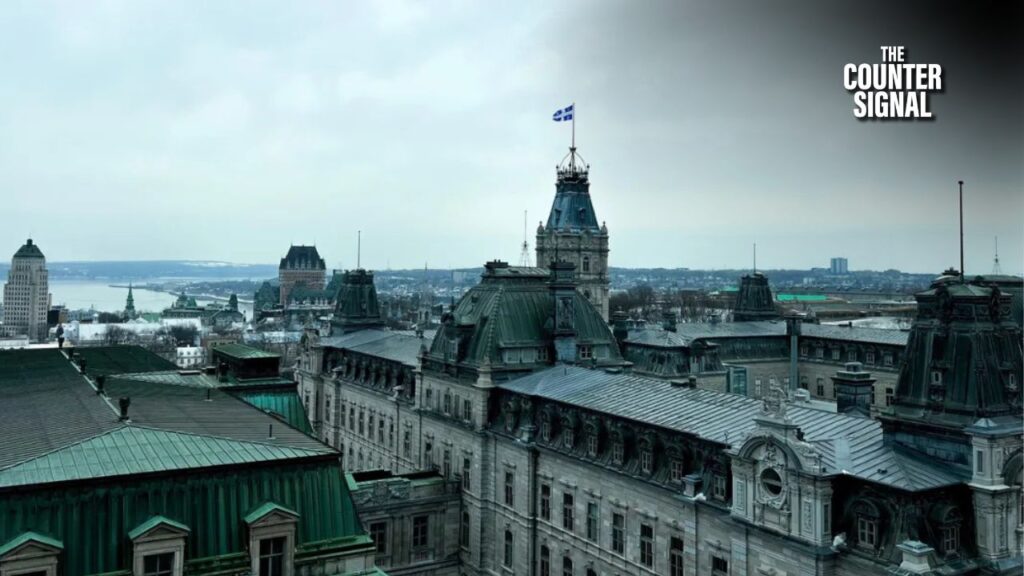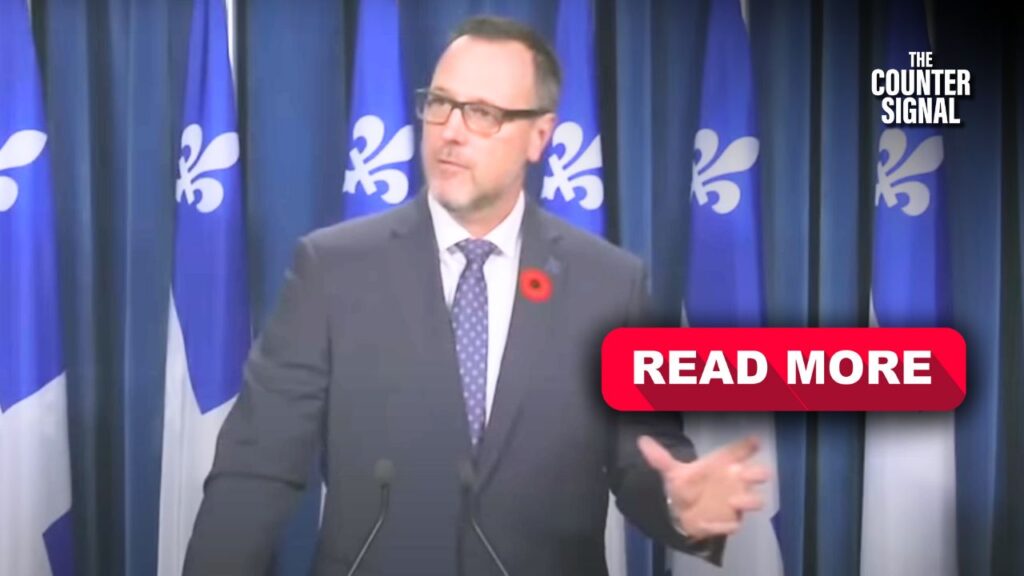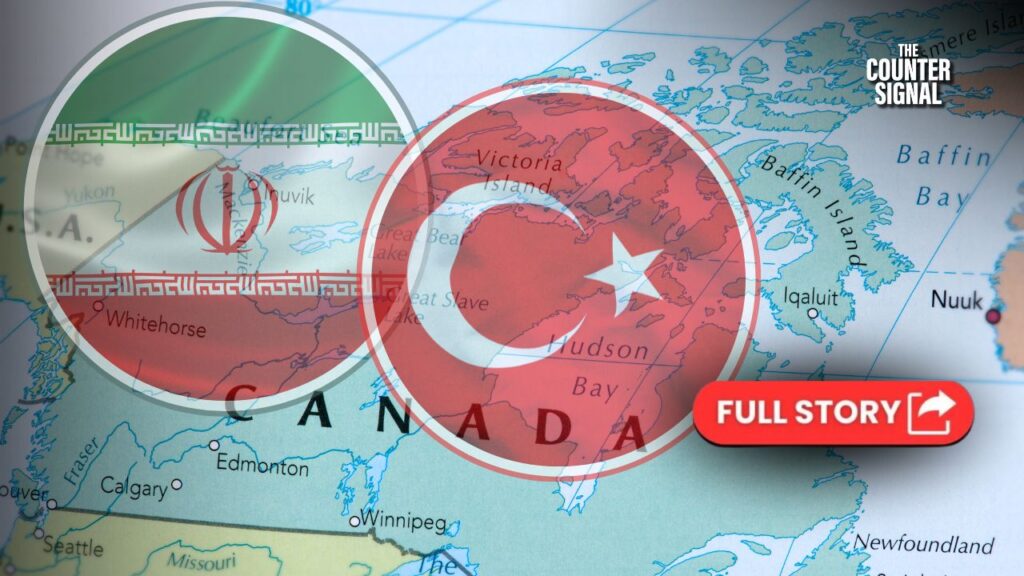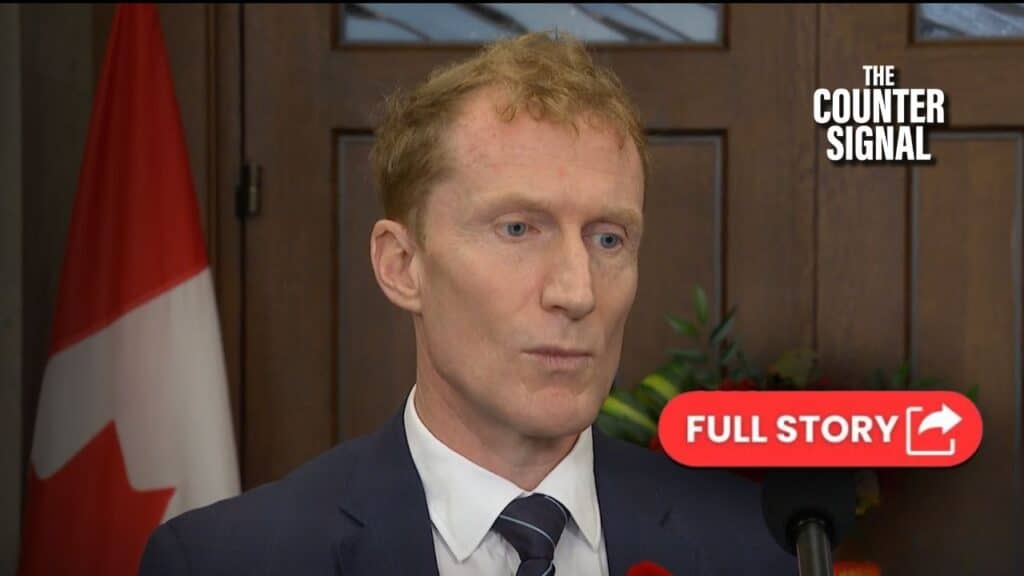The Bank of Canada (BoC) Deputy Governor linked Canada’s housing crisis with the Trudeau Government’s immigration policy on Thursday.
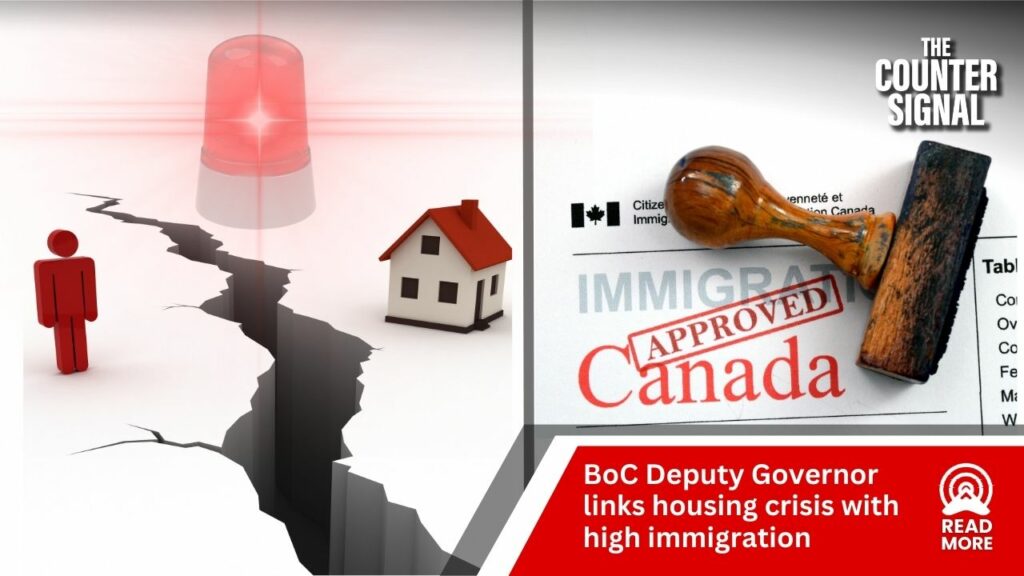
The admission comes as the Trudeau Liberals continue to pack in record-breaking immigrants on a yearly basis with no plans of slowing down.
In a speech before the Windsor-Essex Regional Chamber of Commerce, BoC Deputy Governor Toni Gravelle said that the surge in immigration has far outpaced the growth in housing supply, thus contributing to housing inflation.
“Canada’s housing supply has not kept pace with recent increases in immigration,” he said.
“This is different from the United States where housing construction has been more flexible to respond to population shifts and where rent inflation is expected to continue to decline.”
Gravelle further said that high immigration has had positive impacts on economic growth and labor supply. However, he said that the short-term impact of high immigration on housing inflation is currently prevailing.
“This jump in demographic demand coupled with existing structural supply issues could explain why rent inflation continues to climb in Canada. It also helps explain, in part, why housing prices have not fallen as much as we expected,” he said.
Gravelle added that Canada’s rent vacancy rate reached historic lows “when newcomer arrivals picked up sharply in early 2022.”
He encouraged all levels of government to reduce obstacles related to increasing home construction, including zoning restrictions, lengthy permitting processes, and a shortage of construction workers.
Gravelle’s speech came a day after the BoC announced it would maintain its policy rate at 5 per cent, while warning that it could rise soon.
A recent Leger poll suggests a significant shift in Canadian sentiment towards immigration, with a large majority expressing concerns about its impact on the housing crisis and health-care system.


